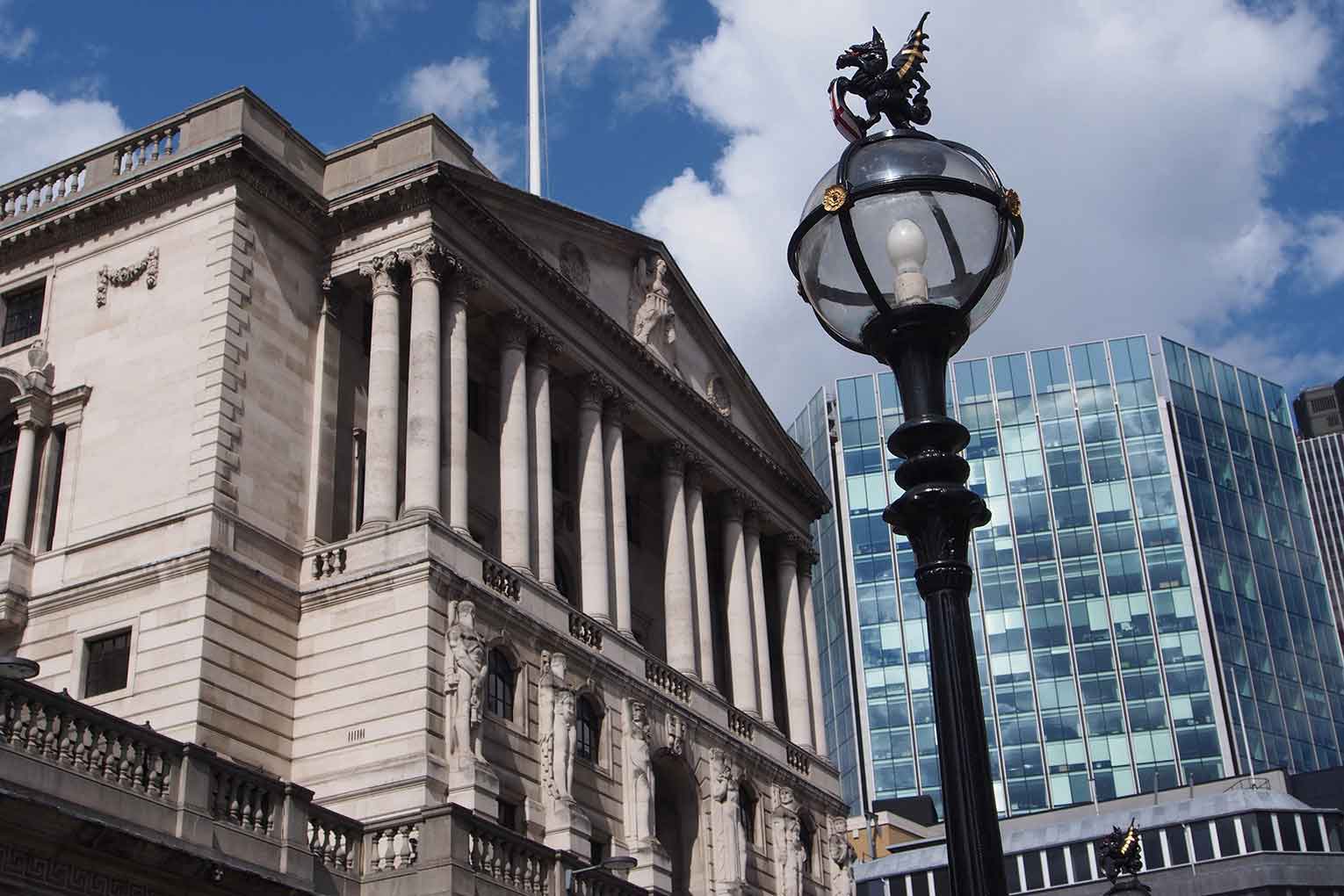The Bank of England has opted to keep interest rates on hold at 4.25%, with the monetary policy committee (MPC) voting by a majority of 6–3 to maintain its cautious stance.
The decision reflects the MPC’s balancing act between encouraging signs of disinflation and persistent uncertainties in the domestic and global economy.
Three members of the committee, including deputy governor Dave Ramsden, backed a 0.25 percentage point cut, citing further loosening in the labour market, subdued wage growth and the risk of policy remaining too restrictive. However, the majority judged that the current rate remained appropriate, emphasising the need to continue squeezing out residual inflationary pressures.
 Annual CPI inflation rose to 3.4% in May, up from 2.6% in March, in line with the Bank’s May forecast. The rise was largely attributed to earlier increases in regulated and energy prices. Despite the uptick, inflation is expected to hover around current levels through the remainder of the year before falling back toward the 2% target in 2026.
Annual CPI inflation rose to 3.4% in May, up from 2.6% in March, in line with the Bank’s May forecast. The rise was largely attributed to earlier increases in regulated and energy prices. Despite the uptick, inflation is expected to hover around current levels through the remainder of the year before falling back toward the 2% target in 2026.
The Bank noted that economic growth remained weak, with GDP growth likely to slow in the second quarter and business sentiment subdued. Labour market indicators, including vacancies and payrolled employees, pointed to an emerging margin of slack. Wage growth, while still elevated, has moderated further, with private sector regular earnings easing to 5.1%.
Global risks also weighed on the committee’s deliberations, with rising energy prices driven by geopolitical tensions in the Middle East and continuing trade policy uncertainty following US tariff changes.
The MPC reiterated that monetary policy is not on a pre-set path. While acknowledging progress in curbing inflation, it signalled that a restrictive stance may be necessary for some time yet to ensure inflation returns sustainably to its target. The committee’s next rate decision is due in August.
NO SURPRISES

Tony Hall, head of business development at Saffron for Intermediaries, said: “Today’s decision to maintain the base rate is certainly not a surprise. Recent commentary from policymakers pointed to caution around acting too soon, particularly with inflation still hovering above target.
“Broader economic shifts, including the Chancellor’s spending review, may also have supported a more measured stance. These domestic and global factors have led many lenders to adjust their mortgage pricing, with some products still available below 4% while others have edged slightly higher.
“Even so, there are still plenty of reasons for buyers to feel optimistic. The summer months typically bring increased market activity, and the government’s multi-billion pound pledge for affordable housing signals a commitment to addressing long-term supply.
As we move into the second half of the year, the combination of seasonal momentum and a competitive lending environment offers encouraging signs for those looking to buy.”
POSITIVE SLANT
 Ben Thompson, deputy CEO of Mortgage Advice Bureau, commented: “The Bank of England was always going to play it safe this time around, with the decision to hold the base rate at 4.25% widely expected.
Ben Thompson, deputy CEO of Mortgage Advice Bureau, commented: “The Bank of England was always going to play it safe this time around, with the decision to hold the base rate at 4.25% widely expected.
“There are still plenty of positives to be taken from this, especially for those who think their financial situation may set them back from getting a mortgage. From 100% lending options now available, to mortgages that stretch your borrowing power, there are so many ways to get on the ladder – regardless of the size of your income or deposit.
“It’s also good to look at how far we’ve come, with the current base rate being the lowest we’ve experienced since May 2023. We can still anticipate cuts later in the year, although how soon these will arrive remains to be seen.
“As always, speaking to a broker should be your first port of call. Their expertise is invaluable in helping you get mortgage ready and navigate current market conditions with ease.”

Jeremy Leaf, north London estate agent and a former RICS residential chairman, said: “With inflation and wage growth stubbornly high while concerns about the economy here and abroad remain, the Bank of England clearly found it unsafe to reduce base rate.
“The inevitability of the no change decision will have a limited impact on an already fairly subdued housing market as it has already been largely factored in by buyers and sellers.
“However, relaxed lender stress testing is improving affordability and having a positive knock-on effect on activity, particularly for first-time buyers.”



